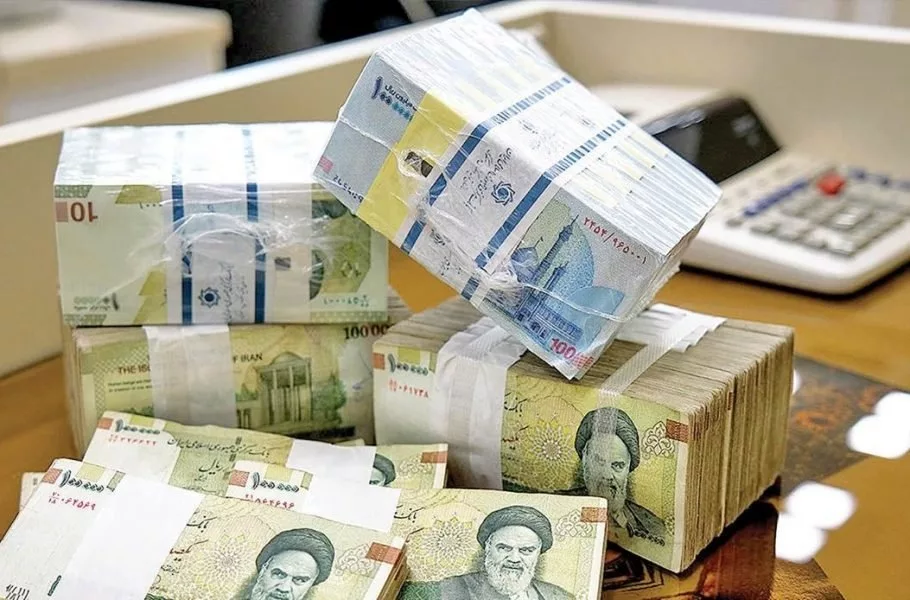
Iran Sets Annual Bank Transaction Limits: 20 Billion Tomans for Employees, 5 Billion for Jobless
The Central Bank of Iran imposes annual account activity caps for employees and businesses under updated banking guidelines.
The Central Bank of Iran has issued new rules requiring banks to set annual transaction limits for their customers, depending on their employment status and financial activity.
According to the directive, salaried employees will face an annual ceiling of 20 billion tomans in account transactions, while individuals without formal employment will be limited to 5 billion tomans.
The regulation, drafted by the Financial Intelligence Center of the Ministry of Economic Affairs and Finance and sent to the Central Bank, comes under the framework of the “Instruction on Executive Requirements for Determining Customer Activity Levels.” Banks are now required to estimate the expected annual financial activity of their clients, whether individuals or businesses, based on information and documents provided through in-person or online forms.
Each bank will calculate an annual “expected activity level” for its customers, which determines the range of transactions they are allowed to conduct. Economic actors, depending on the size of their businesses, will face fewer restrictions compared to ordinary account holders.
In cases where a customer expands their business or earns higher income, they can request a revision of their activity level by submitting updated documents to the bank. However, if a customer exceeds the assigned transaction ceiling without informing the bank, they will be called in to update their records. Until then, certain restrictions will be applied to their account.
To facilitate business operations, the regulation specifies that commercial accounts will have higher activity thresholds than non-commercial personal accounts.
Notably, one-time high-value transactions, such as buying or selling property or vehicles, will not count toward the annual transaction ceiling—except for individuals whose profession directly involves real estate or car trading, where such transactions are considered part of their regular business activity.












